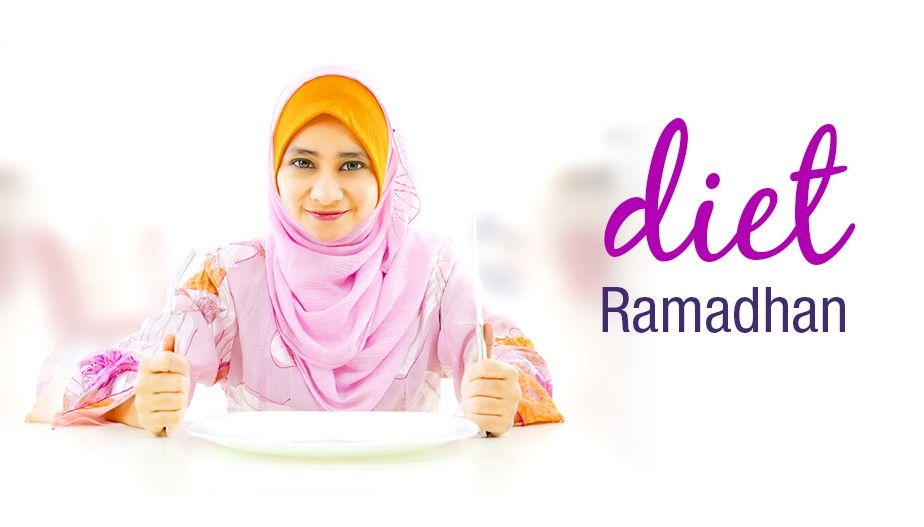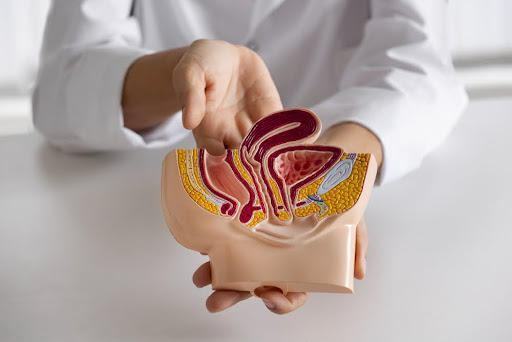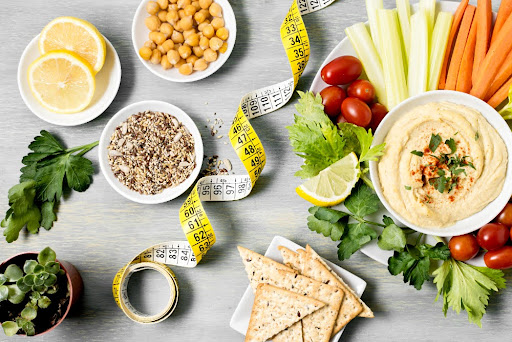Author: Mariam Lakdawala- (Registered Dietician)
Ramadan is believed to be a month of fasting and feasting. It involves being without food and water from sunrise until sunset. The meal consumed before sunrise is called ‘sehri’ or ‘suhoor’ and the meal after sunset is called ‘iftar’.
This year the holy month of Ramadan has fallen during the peak of summer, hence the fasting hours are long and the summer heat leads to a lot of water loss from the body.
Here are a few tips that will keep you energetic and hydrated throughout the month of Ramadan.
- During sehri stick to a complex carbohydrate – high protein meals as it takes longer to digest and thus keeps you fuller for longer
E.g. of complex carbohydrates: Whole wheat rotis/ brown bread, oats, museli, whole grains, etc.
E.g. of protein rich foods: Egg, milk, soy milk, curds, chicken/ fish, etc.
- Avoid eating oily/ fried and spicy foods in the sehri as it may lead to gastric issues like acidity, bloating and make you feel lethargic
- Any form of caffeinated drinks like tea/ coffee should be avoided or consumed in smaller quantities both during sehri and iftar as it causes fluid loss through urination and could add to dehydration.
- The traditional ritual of breaking the fast with ‘khajur’ (dates) and water should be continued as dates are rich in natural sugars which gives you instant energy and water helps to replenish the lost fluids throughout the day.
- Being summer time, it is very important to remain hydrated during the non-fasting state as dehydration leads to headaches, dizziness and increases the susceptibility to constipation and urinary tract infections. Fluids consumed should be without any added sugars like coconut water, fresh fruit juices, lemon water, buttermilk, etc.
- Keep a target to complete at least 2 litres of fluids between iftari and sehri. Keep sipping water and other fluids in between the meals.
- After iftari refrain from feasting on fried and sugary foods. In case of recipes like shami kabab, tikkis, vadas use healthier cooking methods like grilling/ pan frying/ air frying/ baking, etc which involves less oil. In case of sweets, try to stick to foods rich in natural sugars like fruits, dry fruits, dates, etc or use natural sweetener like stevia instead of adding too much of sugar/ jaggery.
- The meal post iftari should be a balanced meal with a correct proportion of carbohydrate, proteins and fat to make up for the nutrients missed out during the fasting state.
E.g. Grilled chicken wrap/ sandwich with vegetables, Roti/ Rice + Chicken/ egg/ fish gravy (onion-tomato based) + salads/ fruits.
- Opt for foods that have higher content of water like watermelon, cucumber, Muskmelon, Pineapple, Oranges, etc as it will help you to meet the fluid requirements.
Unfortunately nowadays feasting in Ramadan has become a vogue, people go gaga over trying different types of foods available in various khau gally’s. These foods are generally very high in fat, sodium and sugars and end up overshadowing the benefits and purpose of fasting during this holy month.
Thus along with fasting and praying, it is very important to take care of your body which is a beautiful gift of god.
Ramadan Mubarak!






